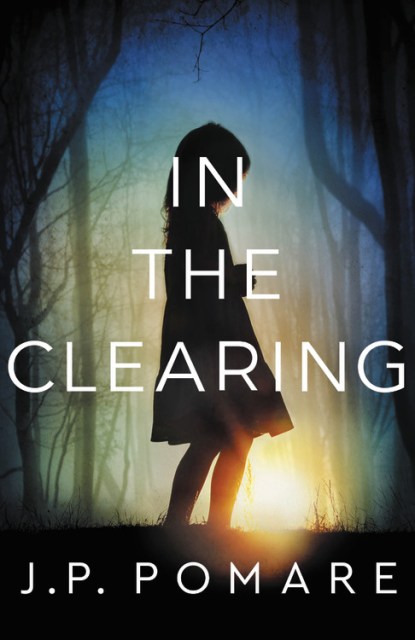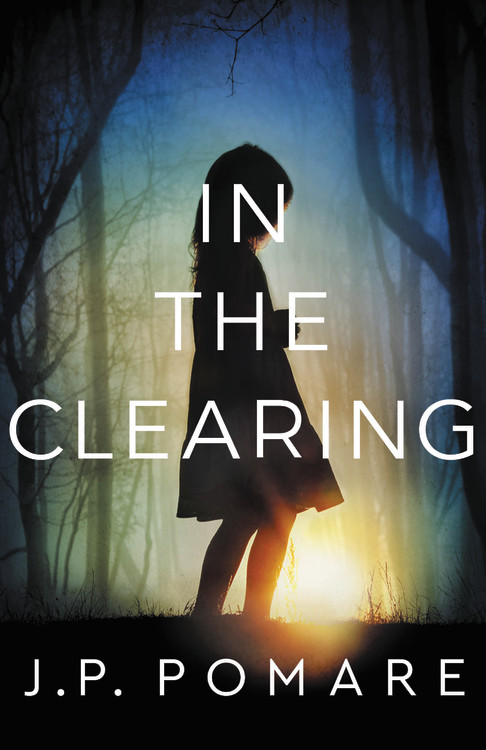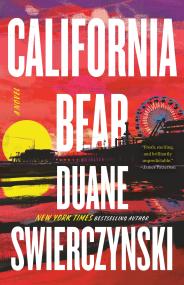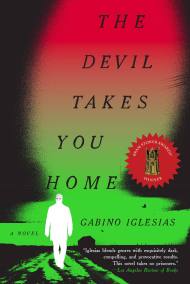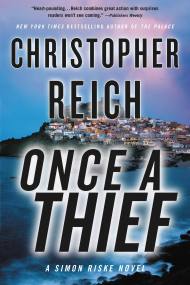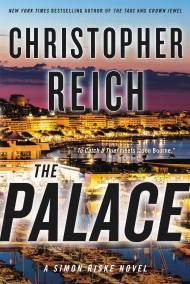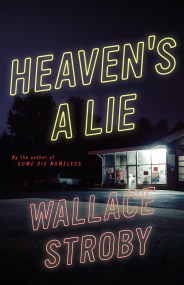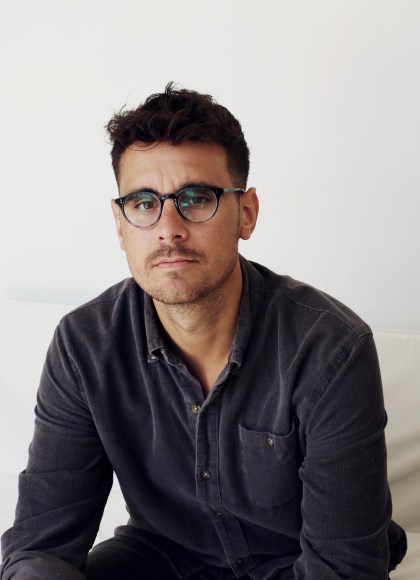Promotion
Use code MOM24 for 20% off site wide + free shipping over $45
In the Clearing
Contributors
By JP Pomare
Formats and Prices
Price
$28.00Price
$35.00 CADFormat
Format:
Hardcover $28.00 $35.00 CADThis item is a preorder. Your payment method will be charged immediately, and the product is expected to ship on or around September 8, 2020. This date is subject to change due to shipping delays beyond our control.
Also available from:
Amy has only ever known what life is like in the Clearing, with her brothers and sisters–until a newcomer, a younger girl, joins the “family” and offers a glimpse of the outside world. Freya is living an isolated life with her son and their dog, going to great lengths to keep contact with the outside world like an “everyday mum” while being utterly terrified by it. When a news breaks of a missing girl–a child the same age as Freya’s son, Billy–Amy and Freya’s stories intertwine, and the secrets of the past will crawl inexorably into the present.
Genre:
- On Sale
- Sep 8, 2020
- Page Count
- 336 pages
- Publisher
- Mulholland Books
- ISBN-13
- 9780316462945
Newsletter Signup
By clicking ‘Sign Up,’ I acknowledge that I have read and agree to Hachette Book Group’s Privacy Policy and Terms of Use
